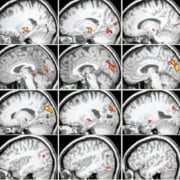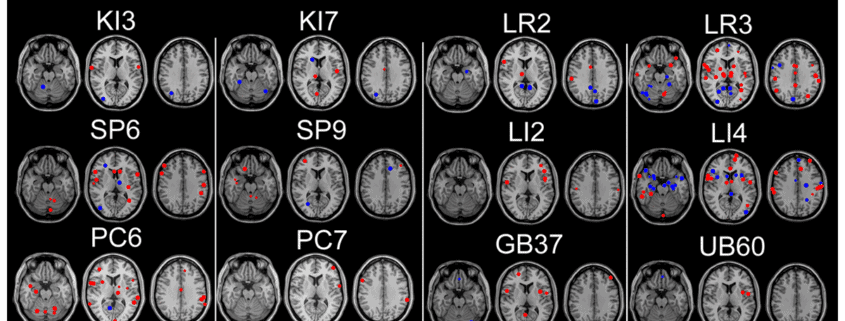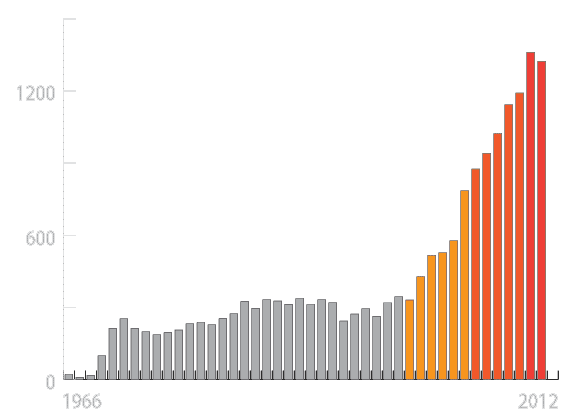How does acupuncture work
At a recent social gathering, I had a fascinating conversation with an orthopedic surgeon who was outspokenly skeptical of acupuncture’s effectiveness. “Does acupuncture work” – he said. I told him there were numerous studies to show it did, and as an example mentioned a new study published in the current issue of Nature magazine. It showed how acupuncture helped save the lives of mice! with sepsis, a deadly condition caused by whole-body inflammation.
“Of forty mice with induced sepsis, all 20, who received acupuncture lived. Another 20 received fake acupuncture and half of them died” – I said.
“I don’t believe this” – he said. “Sepsis! How could acupuncture ever touch sepsis ?”
“It’s all legit, published in the current issue of Nature magazine” – I fired back.
“I don’t believe this” – he insisted.
I pulled out my smartphone to show him the study.
“Well, it’s just one study. I don’t believe this. Maybe, I’d believe it, if a recommendation came from the World Health Organisation or NHI”.
I put my phone to good use again and a minute later, I’m on WHO website with the list of condition acupuncture has been shown to work for.
“I still don’t believe it works!”
At that point, I made a joke “if you were a real doctor, but not an orthopedic surgeon, you would have more appreciation for the studies” , I teased him. Then I changed the subject. It was not my business to convince him. It was just a chat at a party. He asked, I answered kind of thing.
As I pondered how to convince skeptics like him, I realised the power of functional magnetic resonance imaging (fMRI) brain scans. These scans can visually show increased activity in various centers of the brain by measuring blood flow. Numerous studies have been published in peer-reviewed magazines on acupuncture, and the specificity of various acupuncture points can be seen in the fMRI images.
For example, an image in one study showed different areas of the brain getting activated depending on the acupuncture pointsref 1 being used, with the visual cortex being activated in response to treatment of an acupuncture point associated with visual healingref 2. This image provides a split-second explanation of the power of acupuncture and its impact on the brain.
While some may remain skeptical, the evidence supporting the effectiveness of acupuncture continues to grow. And with continued research, who knows what other fascinating discoveries may be made about this ancient practice.




